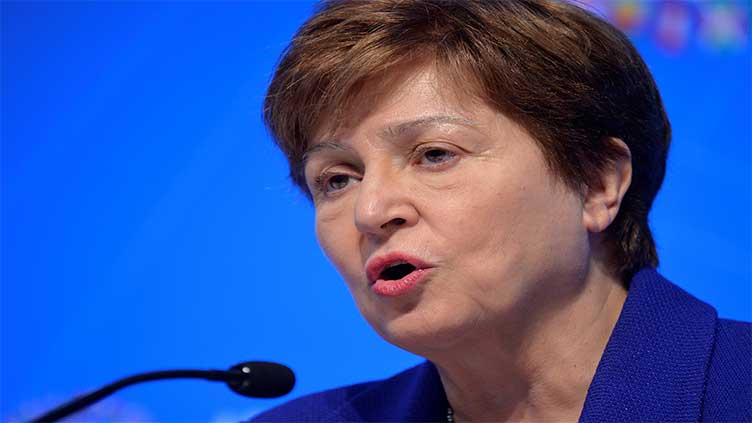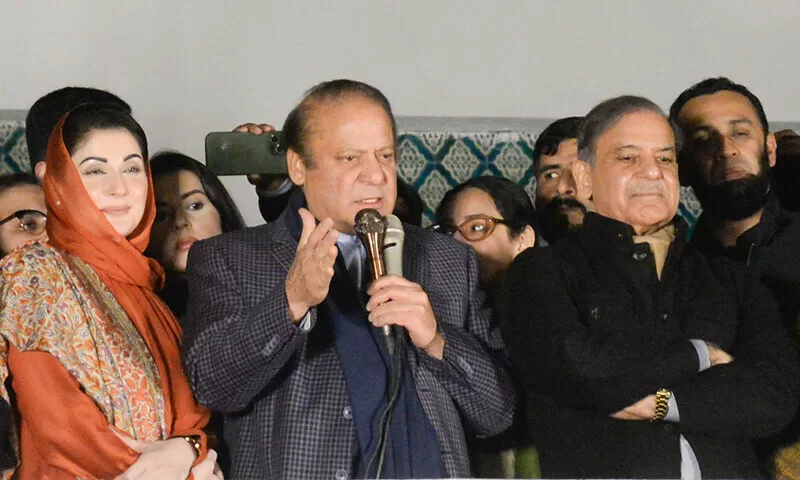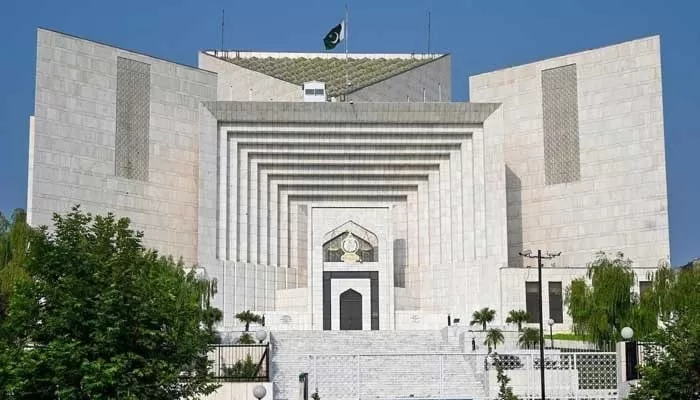Pakistan is currently engaged in discussions with the International Monetary Fund (IMF) regarding the potential initiation of a subsequent programme following its nine-month, $3 billion stand-by arrangement. This update comes from IMF chief Kristalina Georgieva, who shared insights during an event at the Atlantic Council think-tank in Washington. Georgieva emphasized that Pakistan is making progress in completing its existing programme with the IMF, and its economy is showing signs of improvement, particularly in the accumulation of reserves.
While acknowledging these advancements, Georgieva highlighted that Pakistan still faces significant challenges that need to be addressed. Key among these are issues related to the country’s tax base, the contribution of the affluent segment of society to the economy, the allocation of public spending, and the establishment of a more transparent economic environment.
The recent staff-level agreement between Pakistan and the IMF on the second and final review of the $3 billion stand-by arrangement marks a step forward. Once approved by the IMF’s board, this agreement is expected to unlock approximately $1.1 billion in funds for Pakistan. The IMF board is slated to review the matter later in April, although an exact date has not yet been confirmed.
In addition to the stand-by arrangement, discussions have also revolved around the possibility of negotiating a longer-term bailout package. These talks underscore the ongoing commitment of both parties to implement necessary policy reforms aimed at addressing deficits, bolstering reserves, and managing the country’s burgeoning debt servicing obligations.
Overall, the developments between Pakistan and the IMF reflect a concerted effort to navigate economic challenges and pave the way for sustainable growth and stability in the region.
Pakistan’s engagement with the International Monetary Fund (IMF) highlights the complexities and nuances of economic management in a developing nation. While the country has made strides in completing its existing programme with the IMF, the road ahead presents formidable challenges that require careful navigation and strategic planning.
One of the primary issues facing Pakistan is its tax base. Despite efforts to broaden revenue sources, the tax net remains narrow, with a significant portion of economic activity escaping formal taxation. Addressing this challenge necessitates comprehensive reforms aimed at enhancing tax compliance, broadening the tax base, and ensuring equitable distribution of the tax burden across different income groups.
Furthermore, the contribution of the affluent segment of society to the economy is a critical aspect that requires attention. In many developing countries, including Pakistan, income inequality is pronounced, with a disproportionately small elite holding a significant share of the nation’s wealth. Encouraging greater participation and contribution from this segment through progressive taxation and targeted policies can help promote economic inclusivity and social cohesion.
The allocation of public spending is another area that warrants scrutiny. Effective utilization of resources is essential for achieving sustainable development goals and addressing pressing social and economic needs. Improving transparency and accountability in public expenditure management can enhance the efficiency and effectiveness of government spending, ensuring that resources are directed towards priority areas such as healthcare, education, infrastructure, and poverty alleviation.
Building a more transparent economic environment is paramount for fostering investor confidence, promoting private sector growth, and attracting foreign direct investment. Transparency in governance, regulatory frameworks, and financial transactions is essential for mitigating risks, reducing corruption, and promoting economic stability.
The recent staff-level agreement between Pakistan and the IMF reflects a shared commitment to addressing these challenges and advancing the country’s economic agenda. By unlocking additional funding and providing policy support, the IMF plays a crucial role in assisting Pakistan’s efforts to stabilize its economy, promote sustainable growth, and improve living standards for its citizens.
In conclusion, Pakistan’s discussions with the IMF underscore the complex interplay of economic factors shaping the country’s development trajectory. While progress has been made, significant challenges remain, requiring concerted efforts from policymakers, stakeholders, and international partners. By addressing key issues such as tax reform, equitable wealth distribution, efficient public spending, and transparency, Pakistan can lay the groundwork for a more resilient and inclusive economy that benefits all its citizens.






Share this: